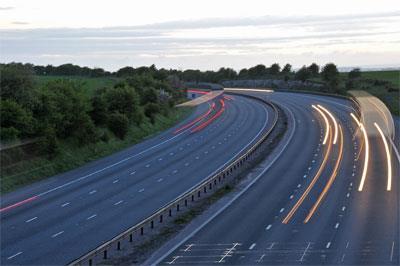
Pressure is mounting on the DfT and Treasury to ringfence the money raised by the HGV Road User Levy for the benefit of the road transport sector.
The levy, which could begin in April 2014 if approved by Parliament, and will see operations pay a daily charge of up to a £10 or a maximum of £1,000 a year per truck to use of UK roads, is expected to raise net revenues of £20m.
Almost all of this will be from foreign-registered trucks, as UK operators will be compensated with a VED reduction.
So far, no specific plans for the money have been proposed by the government. But both the FTA and RHA have called for it to be used to the benefit of the industry.
FTA policy and communications MD James Hookham said any revenue should be used for “the betterment of the sector” and not to replace current expenditure.
Ideas include funding more apprenticeship schemes; improvement of driver facilities and safe parking provision; boosting the bridge and road reconstruction fund; and greater enforcement checks on visiting vehicles.
The FTA also wants “a published income and expenditure statement that shows what was collected and what it was spent on,” said Hookham.
The net revenue from the scheme will probably vary from £15m to £20m due to variations in international traffic flows, exchange rates and the degree of enforcement, he added.
RHA director of policy Jack Semple said his association had already put similar proposals across, including: boosting Vosa’s enforcement budget; promoting greater use of secure parking facilities; and support for a range of driver/management training projects.
“It’s a small sum in terms of the major projects at the DfT and a small sum in terms of Treasury numbers. But if it can be used on specific things within the road haulage sector, the money could be used to very good effect,” he said.
Semple said he was “surprised” by the DfT’s confirmation last week that the levy would not require vehicles to display a sticker to show payment of the charge, instead relying on the use of automatic number plate recognition and roadside enforcement by Vosa.
He added: “I think the fact that we’re getting the scheme at all is positive. We have a commitment from government that enforcement will be reasonably effective”.













